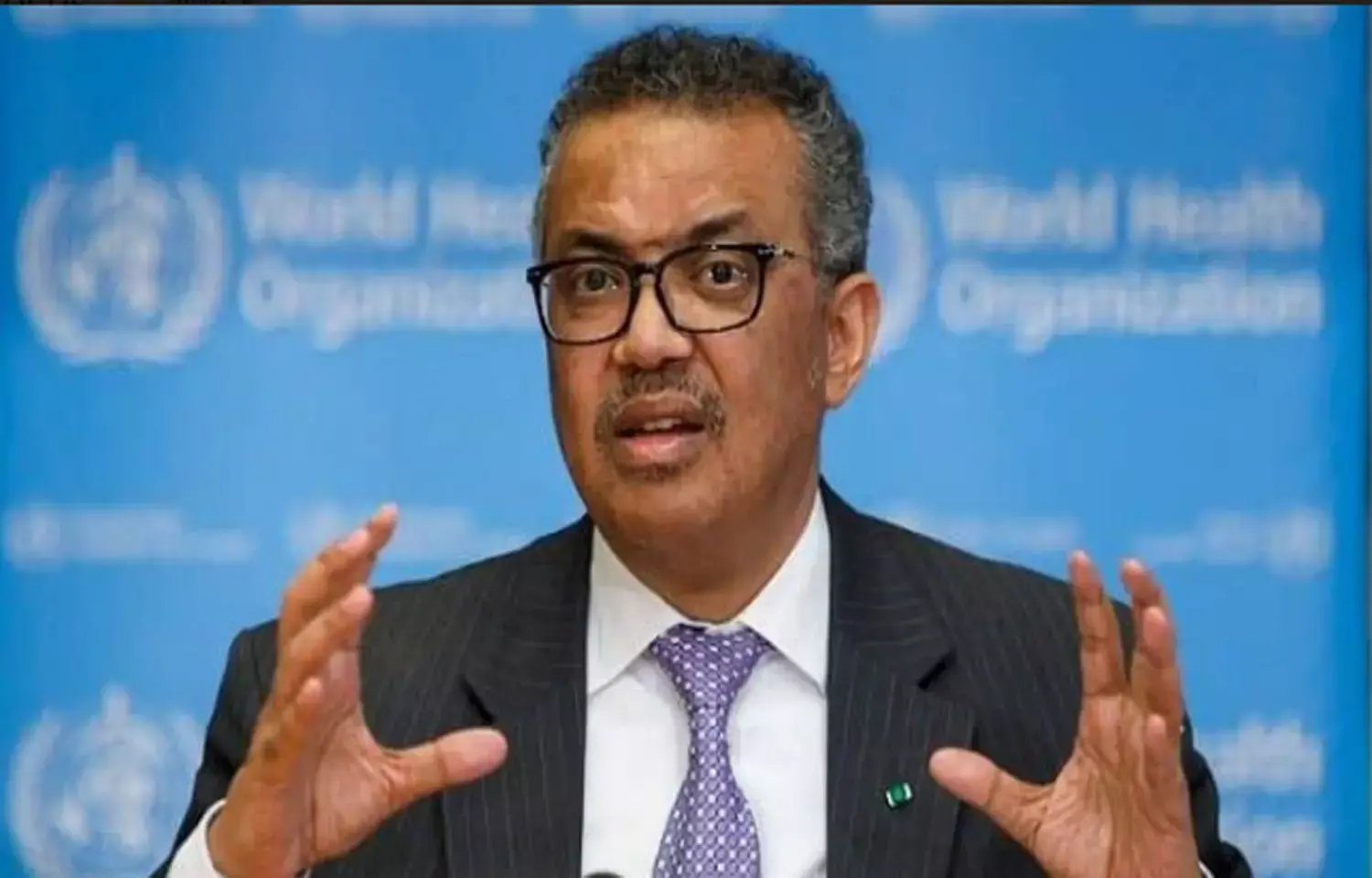- Home
- Medical news & Guidelines
- Anesthesiology
- Cardiology and CTVS
- Critical Care
- Dentistry
- Dermatology
- Diabetes and Endocrinology
- ENT
- Gastroenterology
- Medicine
- Nephrology
- Neurology
- Obstretics-Gynaecology
- Oncology
- Ophthalmology
- Orthopaedics
- Pediatrics-Neonatology
- Psychiatry
- Pulmonology
- Radiology
- Surgery
- Urology
- Laboratory Medicine
- Diet
- Nursing
- Paramedical
- Physiotherapy
- Health news
- Fact Check
- Bone Health Fact Check
- Brain Health Fact Check
- Cancer Related Fact Check
- Child Care Fact Check
- Dental and oral health fact check
- Diabetes and metabolic health fact check
- Diet and Nutrition Fact Check
- Eye and ENT Care Fact Check
- Fitness fact check
- Gut health fact check
- Heart health fact check
- Kidney health fact check
- Medical education fact check
- Men's health fact check
- Respiratory fact check
- Skin and hair care fact check
- Vaccine and Immunization fact check
- Women's health fact check
- AYUSH
- State News
- Andaman and Nicobar Islands
- Andhra Pradesh
- Arunachal Pradesh
- Assam
- Bihar
- Chandigarh
- Chattisgarh
- Dadra and Nagar Haveli
- Daman and Diu
- Delhi
- Goa
- Gujarat
- Haryana
- Himachal Pradesh
- Jammu & Kashmir
- Jharkhand
- Karnataka
- Kerala
- Ladakh
- Lakshadweep
- Madhya Pradesh
- Maharashtra
- Manipur
- Meghalaya
- Mizoram
- Nagaland
- Odisha
- Puducherry
- Punjab
- Rajasthan
- Sikkim
- Tamil Nadu
- Telangana
- Tripura
- Uttar Pradesh
- Uttrakhand
- West Bengal
- Medical Education
- Industry
WHO to provide USD 4 million worth medical supplies to Sri Lanka

Colombo: The World Health Organization (WHO) has announced to the provision of USD 4 million worth of essential medical supplies to Sri Lanka.
In a congratulatory message to Ranil Wickremesinghe on being appointed as President, WHO Director-General Dr Tedros Adhanom Ghebreyesus pledged to deliver essential medical supplies valued at USD 4 million, according to Colombo Gazette.
Also Read:Sri Lanka Crisis: Shortage of drugs, Govt Doctors Association seeks help
"To this end, I am pleased to inform you that I have tasked the WHO Health Emergencies Programme to take immediate action to meet the most urgent health needs of the people of Sri Lanka. In collaboration with WHO's Regional and Country Offices, as well as the Sri Lanka Ministry of Health and other relevant ministries, WHO will procure and deliver essential medical supplies valued at USD 4 million. Procurement has already been initiated and the list, including delivery times will be shared through the WHO Country Office," he said.
WHO Director-General also said that they have recognised the ongoing economic crisis in Sri Lanka and the impact COVID-19 was having on the health system.
The WHO Director-General also said that the WHO will closely monitor the health risks to the population including the functionality and resilience of the health system and provide the necessary technical assistance to strengthen provincial health services reported Colombo Gazette.
Reeling from the economic crisis, the healthcare sector of Sri Lanka is also under stress.
Notably, Sri Lanka is facing an unprecedented medicines supply shortage while people have hit the street against the government to protest the ongoing economic crisis.
With many Sri Lankans experiencing extreme shortages of essentials including food and fuel, peaceful protests began in March. The protests led then-Prime Minister Mahinda Rajapaksa to resign on May 9, and his brother, President Gotabaya Rajapaksa, to flee the country on July 13 and resign the following day.
Ranil Wickremesinghe became acting president, and parliament elected him as the new president on July 20 with the support of the Rajapaksas' political party, the Sri Lanka Podujana Peramuna. He had previously described some protesters as "fascists" and declared a state of emergency on July 18.
On July 21, Wickremesinghe issued an order to "call out with effect from July 22, 2022, all the members of the Armed Forces . . . for the maintenance of public order."
Under emergency powers, the president can override, amend, or suspend a provision of any law, except the Constitution. Emergency powers can be used to detain people while bypassing the ordinary process of the courts and have repeatedly been used in the past to enable human rights violations.
Kajal Rajput joined Medical Dialogues as an Correspondent for the Latest Health News Section in 2019. She holds a Bachelor's degree in Arts from University of Delhi. She manly covers all the updates in health news, hospitals, doctors news, government policies and Health Ministry. She can be contacted at editorial@medicaldialogues.in Contact no. 011-43720751


